The child-like impulsivity and brute, primal power that The Van Jets – uh – jet out on Future Primitives originated on singer Johannes Verschaeve’s bookshelves. Let the beast go: an anthology.
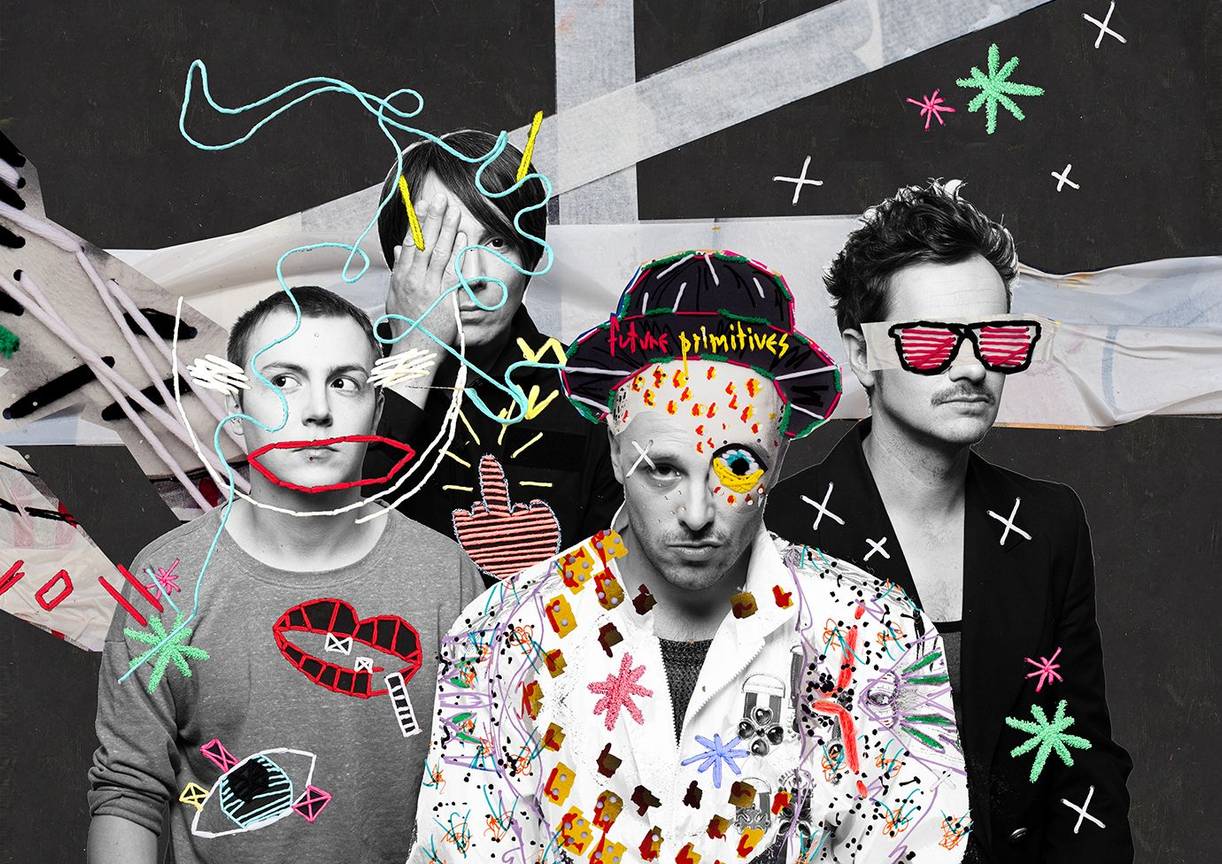
© Tom Van der Borght
The Van Jets: 'I can unleash the beast in my music, but in society I have to tame it'

Industrial Society and its Future (Theodore Kaczynski)
“I found this book on the coffee table of Amatorski’s Sebastiaan Van den Branden, who lives around the corner,” Johannes Verschaeve says. Originally from Oostende, he now lives in Ghent, and for the fifth Van Jets album, he immersed himself in the beast within us all.
“It all started with this manifesto, written by the so-called Unabomber (University and Airline Bomber). Kaczynski believed that technology alienates people from themselves and he went to live in the wilderness. The fact that he reinforced his ideas by sending people bombs in the post – a crime for which he is now serving a life sentence – does not make this literature any less powerful. The basic idea is that you derive the greatest satisfaction from things you do yourself. You can settle a dispute through lawyers, but simply punching someone in the face is much more gratifying.”
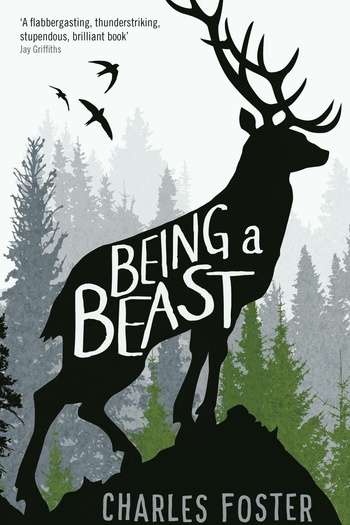
Being a Beast (Charles Foster)
Verschaeve found this more recent book at the Het Paard van Troje bookshop in Ghent, where he often goes to browse the selection of new publications.
"It was written by a scientist who recently won an award for doing the least relevant research," he tells us amused. "Foster sought to discover the subjective world of animals in this book; to research what it is like to be a beaver or a badger. So he put on a wetsuit and went to live in a river or in a den underground, while building dams and eating worms. This exceptionally funny writing automatically makes you reflect about how wild we are when you chip away the veneer of civilization and technology. I can unleash the beast in my music, but in society I have to tame it."
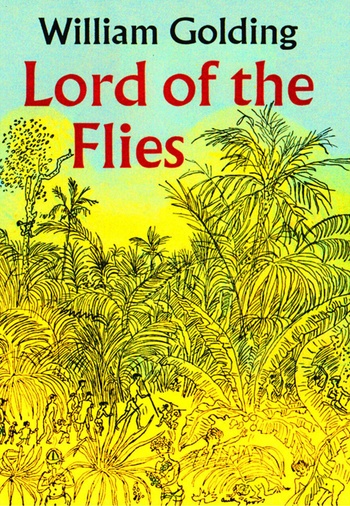
Lord of the Flies (William Golding)
This classic of English literature is a thin and very readable Robinson Crusoe fantasy. “Golding tells the story of a group of schoolboys who survive a plane crash and are stranded on a desert island. They become increasingly primitive in their struggle to survive, and they eventually separate into two gangs and start fighting one another. The great merit of the book is that it describes children. There is also something impulsive and Peter Pan-like about The Van Jets.
“The Beastie in ‘Boy to Beastie’ is an allusion to the monster that is present on the island and terrifies the children. While making the album, I continuously saw a film of itinerant gangs that fight one another but are still desperate for a kind of childlike solace, which they find in Mickey Mouse, Michael Jackson, and other icons of pop culture."
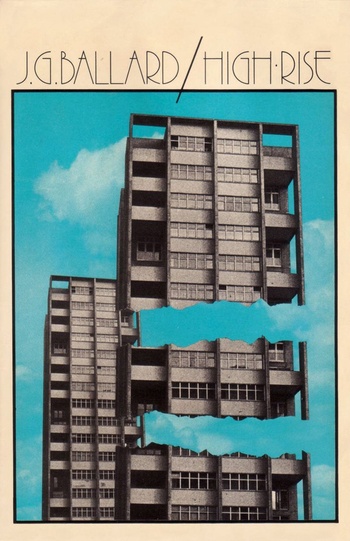
High-Rise (J.G. Ballard)
J.G. Ballard’s apocalyptic science fiction literature has inspired many people besides Verschaeve: “David Cronenberg adapted his novel Crash, and Klaxons named their debut Myths of the Near Future after one of his books. High-Rise, which is still as relevant as ever, shows what can happen when urban city planning goes wrong. It is set in a residential skyscraper. The upper floors are inhabited by architects and lawyers and the lower floors by bin men and cleaners. The middle class live in between."
"This ghettoization leads to territorial behaviour and other primitive urges. Sex is used as a means of conquest or reconciliation. This is the kind of science fiction that doesn’t need cyber stuff on distant planets, but is set right under our noses. Ballard’s raunchy, waggish style makes the whole thing even more enjoyable.”
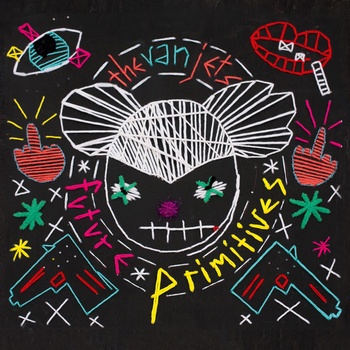
The Van Jets: Future Primitives.
Future Primitives
The gleaming rock ensemble that beat Absynthe Minded, Madensuyu, and Milow at Humo’s Rock Rally on a blue Monday sound much darker now. “At a certain point, I had to let go of my obsession with devouring everything related to the wilderness theme. We make pop music, after all. On the other hand, our brutal trip continues unabated during our performances, during which our need to express our emotions physically becomes a reality.
Like in Mad Max or A Clockwork Orange, I am trying more than ever to reconcile violence and pop, fiction and reality with The Van Jets. ‘Rewild’ is literally about becoming wild again, ‘Fiction vs. Fiction’ is about fake news. ‘Ready Made Wild Life’ about the proliferation of unnecessary products. It is as though we have fallen in a ball pit of junk and we don’t know what to choose anymore.”
The fact that the band produced the album themselves is completely aligned with their urge to go back to their roots. “In our case it is not to the forest but to the sea. As a band of some stature, we could have gone to London, but we returned to Oostende. In the studio, we didn’t spend too much time questioning, we just followed our gut. I gave mixer Tchad Blake carte blanche because I know that he is as impulsive as we are. From his home in the English countryside, he gave some of the tracks a firm shake, giving them more contrast, grain, or focus.”
The childishly colourful and busy artwork by fashion designer Tom Van Der Borght is the icing on the cake of the back to basics approach. “The cover was a cardboard panel that Tom punched holes into and then stitched with woollen thread.”
> The Van Jets. 21/12, 20.00, Ancienne Belgique, www.abconcerts.be
Read more about: Brussel, Muziek, The Van Jets, Johannes Verschaeve
Fijn dat je wil reageren. Wie reageert, gaat akkoord met onze huisregels. Hoe reageren via Disqus? Een woordje uitleg.